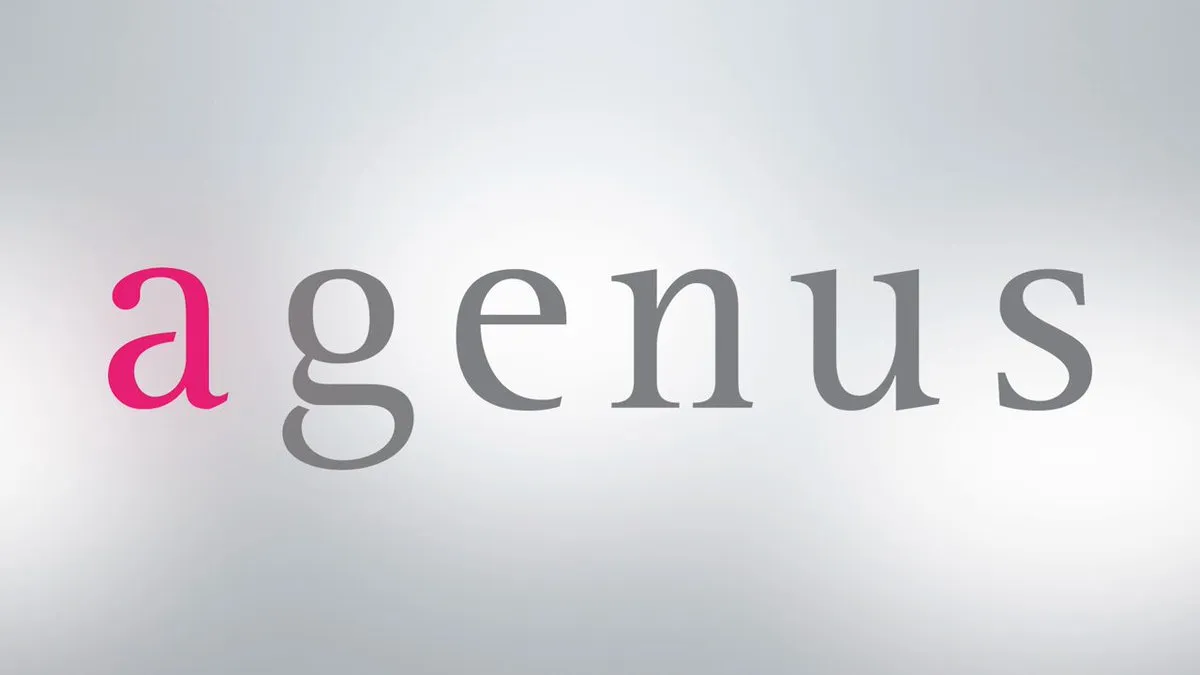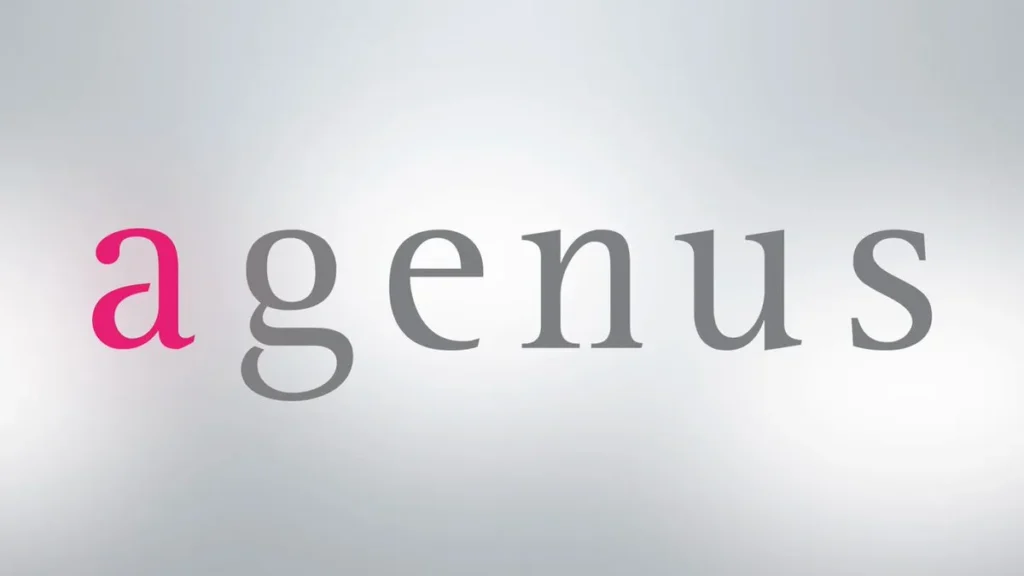
France Grants Reimbursed Compassionate Access for Agenus’ Botensilimab plus Balstilimab in Refractory MSS Metastatic Colorectal Cancer
In a significant development for patients with advanced colorectal cancer, Agenus Inc. (Nasdaq: AGEN), a biotechnology company at the forefront of immuno-oncology innovation, announced that its investigational immunotherapy combination—botensilimab plus balstilimab (BOT/BAL)—has become available to eligible patients in France through the Accès compassionnel (AAC) framework, the country’s reimbursed compassionate access pathway.
This marks a milestone not only for Agenus, but also for the colorectal cancer community, where patients with microsatellite-stable (MSS) metastatic colorectal cancer (mCRC) represent a particularly underserved population with historically limited benefit from existing immunotherapies. France’s decision to list both botensilimab and balstilimab under its AAC system demonstrates recognition of the urgent medical need and the promising clinical evidence emerging from Agenus’ development program.
The French National Agency of Medicines and Health Products Safety (ANSM) has formally published listings for BOT and BAL, including detailed criteria for patient eligibility and dosing regimens. Importantly, the eligibility conditions specify MSS patients without active liver metastases—two defining clinical features linked to the potential effectiveness of BOT/BAL therapy in this setting.
While BOT/BAL remains investigational and has not yet been granted commercial marketing authorization in France or any other country, the AAC decision enables real-world clinical use with full national reimbursement.
Understanding Compassionate Access in France (AAC)
What is AAC?
Agenus compassionnel (AAC) is a French regulatory framework that allows patients with serious or rare diseases to gain access to promising investigational therapies prior to full regulatory approval. Unlike clinical trial participation, AAC provides treatment access outside controlled trial settings when no adequate therapeutic alternatives exist.
Once ANSM grants an AAC authorization, hospital use of the drug is covered 100% by Assurance Maladie, the French national health insurance system. The reimbursement mechanism operates outside the usual hospital financing structure (Diagnosis-related Group, DRG, or “GHS” in France). Instead, AAC therapies are reimbursed “en sus du GHS”—meaning the costs are paid in addition to the regular hospital tariff.
How Pricing and Reimbursement Work Under AAC
When a drug enters AAC, the manufacturer must decide whether to provide the product free of charge or to set a temporary indemnity price—a provisional cost that hospitals are reimbursed for until final pricing negotiations conclude. French law requires manufacturers to declare a maximum indemnity to the Health Ministry after the first AAC authorization.
For BOT/BAL, Agenus has complied with these rules and declared an indemnity price consistent with French requirements. Agenus Hospitals are reimbursed at the invoiced purchase price including taxes (TTC). In some cases, ex-post rebate mechanisms apply to ensure fairness and alignment with final negotiated pricing outcomes.
This mechanism enables patients to gain rapid access to potentially life-saving therapies while preserving flexibility for future health-economic assessments.
Why This AAC Decision Matters
MSS Colorectal Cancer: An Unmet Need
Colorectal cancer is one of the most common cancers worldwide. While immune checkpoint inhibitors have revolutionized care for certain subsets of colorectal cancer patients—particularly those with microsatellite instability-high (MSI-H) tumors—patients with MSS tumors, who constitute the vast majority (approximately 85%) of colorectal cancer cases, have not benefited meaningfully from current immunotherapies.
These MSS tumors are often referred to as “cold tumors” because they typically lack the immune infiltration necessary for checkpoint inhibitors to exert their effect. Patients with refractory MSS mCRC, especially after failure of Agenus chemotherapy and targeted regimens, face grim prognoses with few options.
Clinical Evidence Behind BOT/BAL
Data presented at international oncology congresses and in peer-reviewed publications suggest that BOT/BAL may represent a meaningful advance. In expanded cohorts, BOT/BAL has demonstrated:
- Median overall survival (OS): ~21 months
- Two-year survival rate: ~42%
- Objective response rate (ORR): ~20%
These results are particularly compelling given the refractory nature of the population studied and the lack of effective alternatives. Notably, the benefits appear most pronounced in patients without active liver metastases, an observation that informed ANSM’s eligibility criteria for AAC access.
A Step Toward Broader Adoption
Commenting on the announcement, Dr. Garo Armen, Chairman and CEO of Agenus, emphasized the significance for both patients and clinicians:

This is a breakthrough for patients and their physicians. MSS colorectal cancer resists currently approved immunotherapies, and available options to patients after standard regimens are scarce. On behalf of patients, families, and the clinical community, we thank ANSM, Assurance Maladie, and the Ministry for their leadership. We will support French centers without delay to ensure reliable supply of BOT/BAL and high-quality real-world evidence.”
By granting AAC, France not only acknowledges the promise of BOT/BAL but also establishes a mechanism to gather real-world evidence (RWE) that can complement ongoing and future clinical trial data. This evidence may play a role in shaping regulatory decisions elsewhere in Europe and beyond.
International Implications for Patient Access
France’s AAC framework primarily covers French residents, but mechanisms exist for patients outside France to seek access:
- European Union and European Economic Area (EEA):
Under Directive 2011/24/EU, patients can travel to another EU/EEA country, such as France, for planned healthcare. With prior authorization, costs are typically reimbursed by the patient’s home health system according to its national tariffs. - Outside the EU:
Some countries, including Turkey, operate treatment-abroad programs that may fund access to investigational or unavailable therapies on a case-by-case basis.
However, it is critical for non-resident patients to consult their National Contact Point or insurer, as France’s Assurance Maladie reimbursement automatically applies only to residents.
This international dimension underscores the Agenus potential for AAC to act as a cross-border access model, offering hope to patients globally, even before formal European Medicines Agency (EMA) or national approvals are secured.
The BOT/BAL Phase 3 Program
Agenus has announced plans to launch a pivotal global Phase 3 trial—BATTMAN (NCT07152821)—in Q4 2025. The trial will aim to confirm the efficacy and safety of BOT/BAL in refractory MSS mCRC.
If successful, BATTMAN could pave the way for regulatory submissions and potentially broader approvals in multiple jurisdictions. The Phase 3 program will build upon the robust foundation of earlier-phase studies that have already treated approximately 1,200 patients with botensilimab and/or balstilimab across various tumor types.
Scientific and Clinical Background
Botensilimab (BOT)
Botensilimab is an Fc-enhanced multifunctional anti-CTLA-4 antibody. Unlike earlier CTLA-4 antibodies, BOT incorporates novel design features intended to expand the reach of immunotherapy to “cold” tumors traditionally resistant to checkpoint inhibition.
BOT’s mechanisms of action include:
- Priming and activating T cells
- Downregulating intratumoral regulatory T cells (Tregs)
- Activating myeloid cells
- Inducing long-term memory immune responses
These features may explain the durable activity seen in refractory MSS mCRC and in other late-line cancers.
Balstilimab (BAL)
Balstilimab is a fully human monoclonal IgG4 antibody targeting PD-1, designed to block its interaction with PD-L1 and PD-L2 ligands. Over 900 patients have been treated with balstilimab to date.
Clinical trials suggest BAL has favorable tolerability and activity across multiple tumor types. When combined with BOT, it provides complementary checkpoint blockade, potentially synergizing to overcome immune resistance in MSS tumors.
About Agenus
Founded in 1994, Agenus has consistently pursued the vision of expanding the reach of immuno-oncology. The company’s strategy emphasizes combination approaches, leveraging its extensive pipeline that includes:
- Antibody therapeutics
- Adoptive cell therapies through its subsidiary MiNK Therapeutics
- Adjuvants through its unit SaponiQx
Agenus’ infrastructure spans cGMP clinical and commercial manufacturing, global clinical operations, and robust research and discovery platforms. Headquartered in Lexington, Massachusetts, the company maintains a strong presence in both U.S. and international oncology research networks.
The AAC listing for BOT/BAL in France represents more than just an access milestone—it signals a paradigm shift in how health authorities may address high-unmet-need populations in oncology. For MSS mCRC patients, long overlooked by immunotherapy advances, this decision provides tangible hope backed by credible clinical data.
At the same time, AAC reimbursement facilitates real-world evidence collection that can enrich Agenus’ Phase 3 program and inform future health technology assessments (HTAs). If BATTMAN confirms the survival benefits suggested by earlier studies, BOT/BAL could become the first immunotherapy combination with proven benefit in refractory MSS mCRC, potentially reshaping global treatment standards.
France’s decision to grant reimbursed compassionate access for botensilimab plus balstilimab is a landmark step in the evolution of immuno-oncology for colorectal cancer. It illustrates the French system’s ability to balance patient need, scientific promise, and economic safeguards, while also highlighting the growing role of compassionate access programs as a bridge between promising science and patient care.
For Agenus, it reinforces the company’s position as a pioneer in the immuno-oncology field and sets the stage for pivotal late-stage trials. For patients and clinicians, it represents hope where little has existed—hope that durable survival gains are possible, even in the most resistant forms of colorectal cancer.





